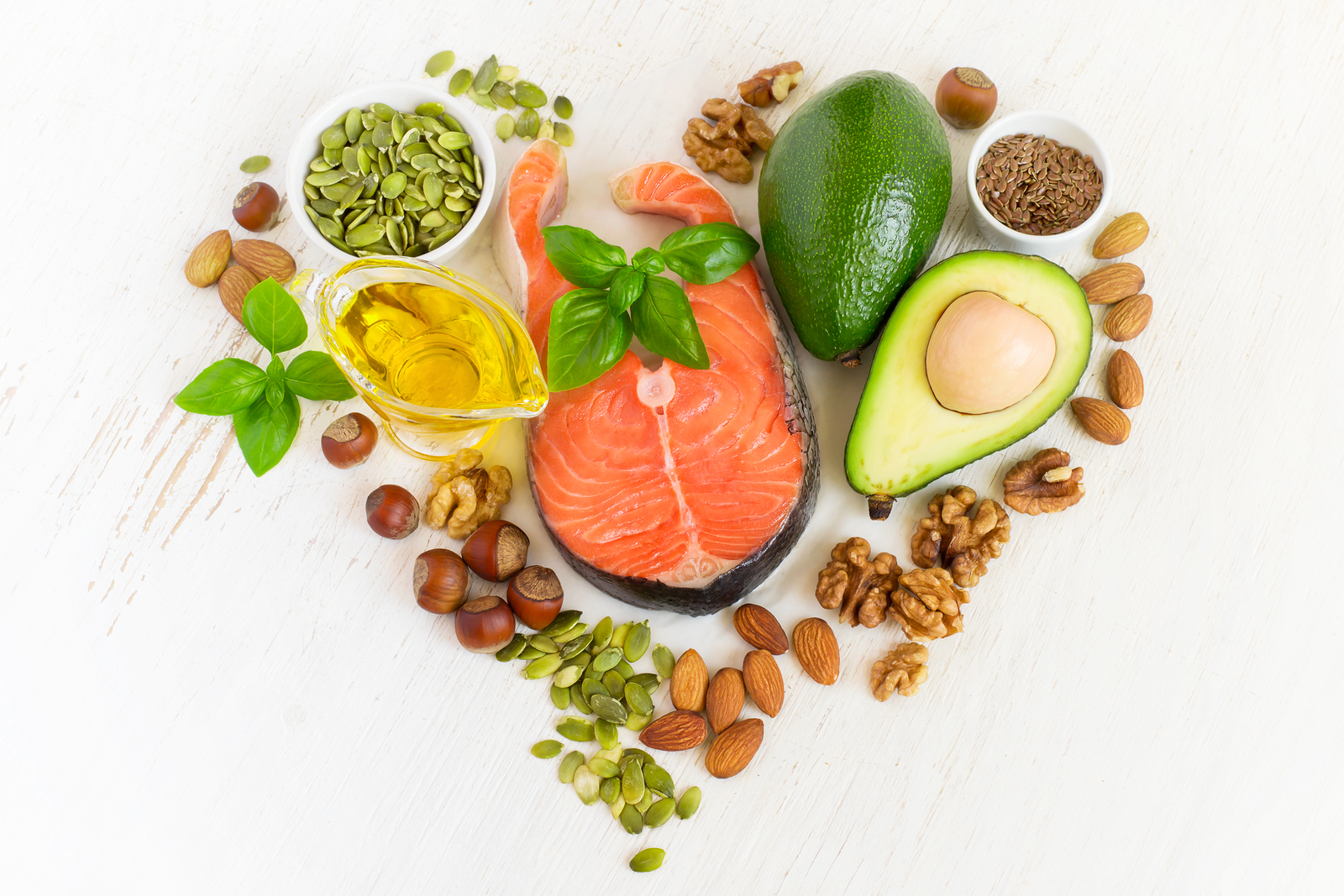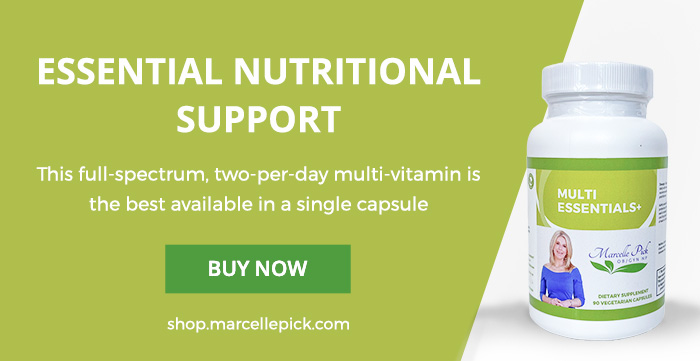Women often look at me in disbelief when I tell them that fat is not the enemy. They’ve spent so many years listening to the media tell them fat is a villain; it’s hard for them to buy into any other story about fat. But what they fail to acknowledge is that there are many different types of fat; they’re lumping them all into the same category without even realizing it. And that’s a big mistake.
It doesn’t surprise me that so many people have misconceptions about fat — the food industry has pushed their “low-fat” and “no-fat” processed foods with a heavy hand and considerable marketing dollars for decades. But research simply doesn’t support the “fat is evil” story.
Despite what many ads imply, a low fat label doesn’t make a junk food healthy. In fact, due to the addition of sugars and refined carbohydrates to replace the flavor from fats, processed low fat foods can be even worse for you than their full fat counterparts.
As a culture, our diet affect our bodies more than we realize. There are places in the world, called “blue zones”, where residents live to be over 100 and their quality of life is still amazing. The major difference in these areas is the way that people eat; their diets consist of high quality fats and non-processed whole foods high in the nutrients that help our bodies function at their best. The proof here is not in the pudding (low fat or not) – it’s in the fruits, vegetables, fish and whole grains.
Let’s take a look at the truth about fat, why your body needs it, and then I’ll tell you 5 healthy fats to start adding to your diet today.
What Does the Research Say About Fat?
The push for a low fat diet started with dietary guidelines in the 70s, and has been fueled by marketing ever since. But in recent years, research has shown that a low fat diet may not be the best option. A study published in November of 2017 found that, in fact, diets high in carbohydrates were associated with an increased risk of total mortality, while diets with a higher intake of fat – of any type – were associated with lower risk of total mortality. Fats were also not significantly associated with the risk of cardiovascular disease mortality.
Spanish researchers on the PREDIMED study found that, compared with a control diet, a high vegetable fat Mediterranean diet with no calorie restrictions was associated with decreased body weight and a smaller increase in waist size. This suggests that there is no basis for recommending limiting natural fats.
Even more interesting is a small study published in February 2018 that suggests that neither a low fat nor a low carb diet is best; finding what works for your own situation is more important than following a specific diet. This supports what I’ve been telling my patients recently — women are individuals, and there is no one-size-fits-all diet. For myself, in fact, a lower fat diet is best for me, when looking at my genetics, for maintaining a healthy weight. But that doesn’t mean I don’t recognize the benefits of good quality fats and essential fatty acids. It’s all about finding the right balance.
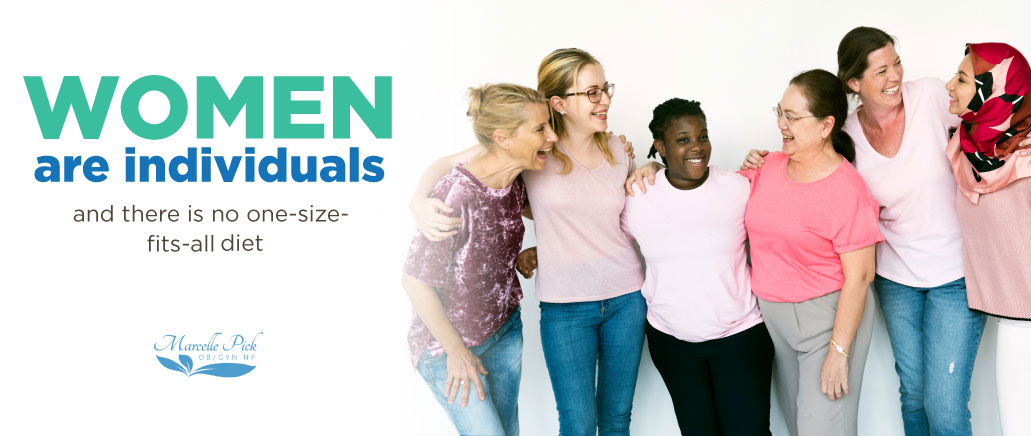
Why Does Your Body Need Fat?
We’ve been conditioned to cringe when we hear the word “fat,” our minds immediately going to unsightly bulges on our bodies that we’d love to get rid of. But fat is a nutrient critical to our survival. Fat supplies your body with energy and enables other nutrients to carry out their essential functions. And if you aren’t getting enough of the good kind, your body is far more likely to hang on to those bulges indefinitely.
Cognitive functioning depends on consuming enough quality fats — after all, your brain is the fattiest organ you have! Fat also helps you absorb nutrients from the food you eat, builds cell membranes to protect your cells, and is essential to blood clotting, fighting inflammation, and muscle functioning. Add hormone health; healthy skin, eyes, and bones; reproductive health; and optimal metabolism to the list, and you begin to understand just how many of our body systems depend on fat.
But some fats are better than others. And it can be really confusing to know which healthy fats your body needs, and which you should avoid.
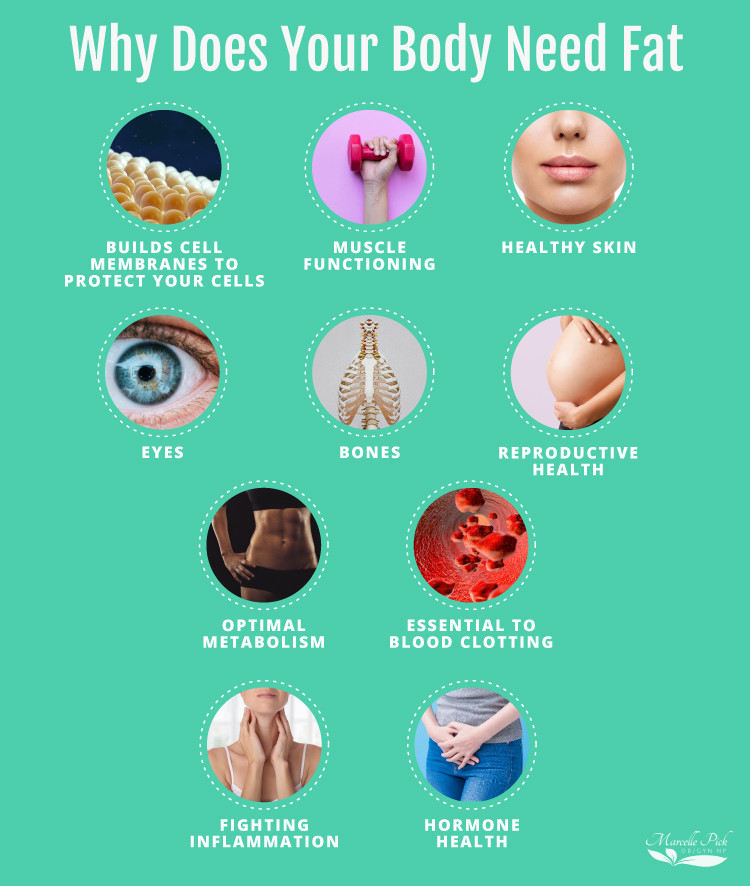
Which Fats Do I Need, and Which Should I Leave Out?
There’s a big difference between naturally grown food and food created in a factory. Likewise, natural fat is far different than manufactured fat. And natural fat is what you need. There are different types of natural fat – and each has their place in a healthy diet. But trans fats, added to food during processing, are neither natural nor helpful to your body.
Trans fats create inflammation, contribute to insulin resistance, and can increase the risk of heart disease. There is no good reason to consume them, and thankfully, manufacturers are more and more often removing them from their products.
Saturated fats are the most complicated to understand — are they good or bad? The answer lies somewhere in between. Saturated fats are solid at room temperature, and common sources include whole milk, red meat, and other whole-milk dairy products. While in moderation, saturated fats are fine, too much can skew your cholesterol levels towards the “bad” LDLs, and could block arteries and contribute to heart disease.
The most beneficial fats are monounsaturated and polyunsaturated fats. These are mainly found in vegetables, nuts, seeds and fish. These healthy fats are liquid, not solid, at room temperature. Replacing saturated fats and – most importantly – trans fats with these healthier fats is one key to a well-balanced diet. Polyunsaturated fats, in particular, must come from food. Though these fats are essential for normal body functioning, your body can’t produce them. That’s why eating plenty of fatty fish, nuts and seeds is important – and why I often recommend supplementing with fish oils.
5 Healthy Fats to Add to Your Diet Today
Now that you know that fat is not the enemy, where do you go from here? The following 5 foods are a great examples of healthy fats to start with!
1. Avocado
I can’t say enough good things about avocados. It’s delicious and versatile, packed with nutrients, and also helps your body absorb the nutrients of food you consume with it. Slice it up on salads, mash it into a guacamole dip for carrots or other raw vegetables, make an avocado dressing, or turn some into creamy soup. There are so many ways to enjoy it — what are you waiting for?
2. Nuts and Seeds
Nuts and seeds contain plenty of monounsaturated fatty acids, as well as Omega-6 fatty acids. They’re packed with minerals and vitamins, including vitamin-E and B-complex vitamins. These nutritious powerhouses make great travel snacks, and are easy to add to salads, smoothies, breads, and stir fry. Nuts and seeds also make delicious butters – just be sure to look for all-natural varieties that skip the added sugar.
3. Fish
Cold water fish like salmon, mackerel, lake trout, sardines and albacore tuna offer substantial amounts of important omega 3 fatty acids. If you simply don’t like the taste of fish (be sure you try several — there’s a big difference in flavors), then it’s even more important to consider a fish oil supplement.
4. Coconut Oil
Coconut oil is everywhere these days, and with good reason. This oil can improve brain health, prevent heart disease, reduce inflammation, boost your immune system, increase energy, improve skin and hair condition — the list goes on and on! Coconut oil is perfect for cooking, particularly at high temperatures – and it gives a stir fry amazing flavor too! You can also stir some into your coffee or blend some into a smoothie for a natural boost.
5. Olives and Olive Oil
Much like coconut oil, the health benefits of consuming olives and olive oil are extensive, including reducing inflammation, preventing heart disease, reducing the effects of asthma, osteoarthritis, and rheumatoid arthritis, and increasing HDL (good) cholesterol. High-quality olives are a delicious snack, and make a great spread as well. Olive oil oxidizes under high heat, so it’s best to use for drizzling over salads and dipping bread. Be sure to choose a high quality extra virgin olive oil. For use in high heat, grapeseed oil is a better choice.
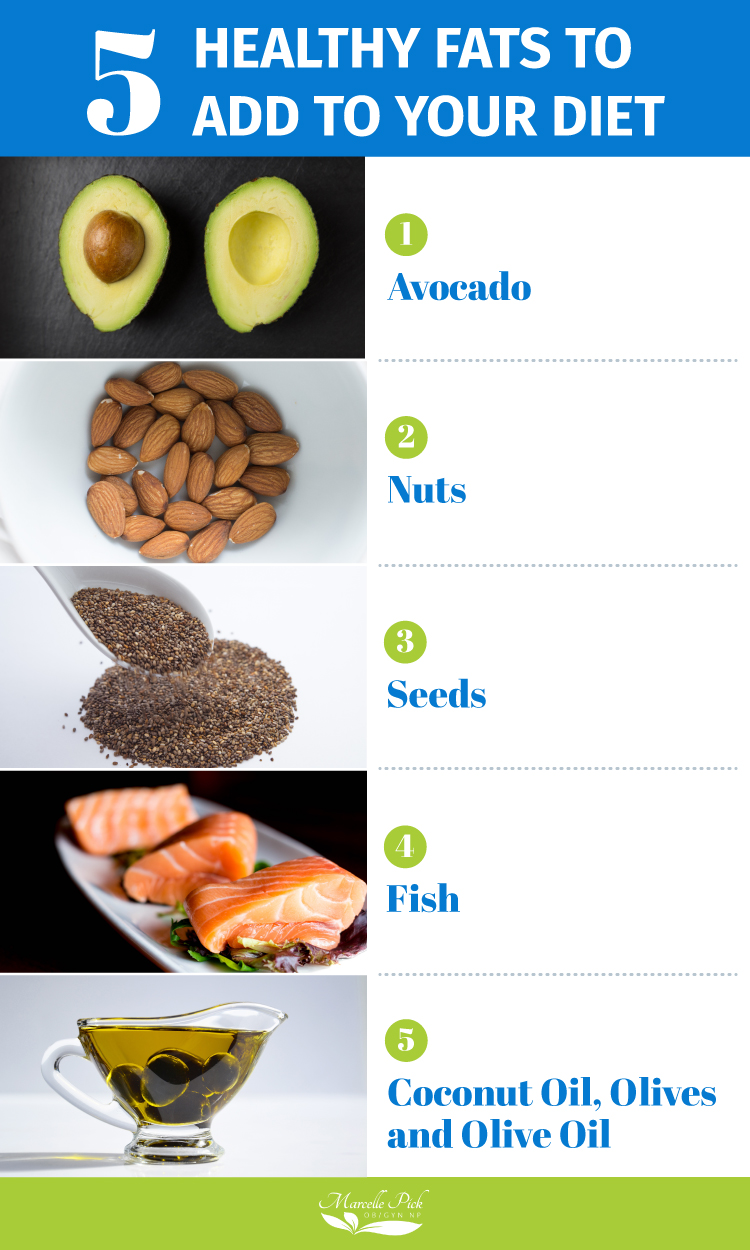
Eat Healthy Fats and Feel Great!
Are you surprised that I’m telling you to eat more fat? Just try it, and you’ll likely find yourself feeling more full and satisfied than the low fat, high carb options you’re used to. But I do have a word of caution: even though these healthy fats are essential to great nutrition, it’s easy to overdo. Pay attention to portion sizes – a little healthy fat goes a long way!


